Personnel Record Form Template
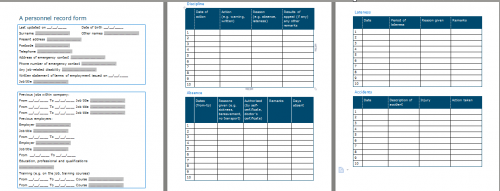
- Category:Performance Management
- Size:178 KB
- Format:doc
- Downloads:32357
Synopsis
If we fail to keep records we must be prepared to grapple with the consequences
Description
Management of people is a serious business. We must have adequate and reliable records which we can use to find solutions in people management. The content of personnel record is wide for the individual and the organisation. Its coverage includes aspect of training and development, job evaluation, job analysis, performance appraisal, salaries, allowances, transfers, promotions, dismissals, grievances and disciplinary actions, welfare, safety and healt, recruitment and selction, absenteeism, labour turnover, test and examinations and various other information concerning the worker and the organisation.
Uses of Personnel Record:
According to Yoder (1959), personnel records are neccessary to:
- Review and revise pay scale.
- Keep an up-to-date information on leaves, dismissals, promotions, strike lockouts, man hours lost, expenditures incurred on employees benefit services, cases of indiscipline, transfers etc.
- Supply information required by government agencies on the rates of accidents, on large scale absenteeism or turnover, or on wage rates occuring or prevailing in an organisation.
- Enable personnel managers to prepare training and develpoment programmes.
- Conduct research in the field of the industrial relations and people management.
The importance of personnel records is increasingly today due to more and more challenges coming in the way of personnel management.
Related Resources

Induction Checklist Template
Starting Staffs
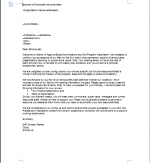
Employee Farewell Letter Template
Theme and Idea for Farewell Messages
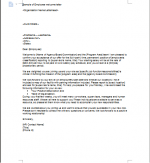
Good Evaluation Letter Template
Compliment an Employee for a Positive Evaluation
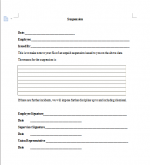
Suspension Form Template
Investigation Prior to Taking Disciplinary Action Against an Employee
Top Resources
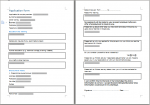
Employment Application Form Template
An Insight into a Job Applicant
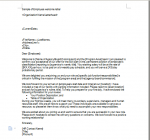
Employee Welcome Letter Template
Welcoming the Fresh Men
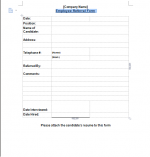
Employee Referral Form
Referral programs can do wonders for Organisations

Employment Reference Check By Letter Template
References from former employers are likely to be more valuable than personal references and can help avoid negligent hiring claims.
